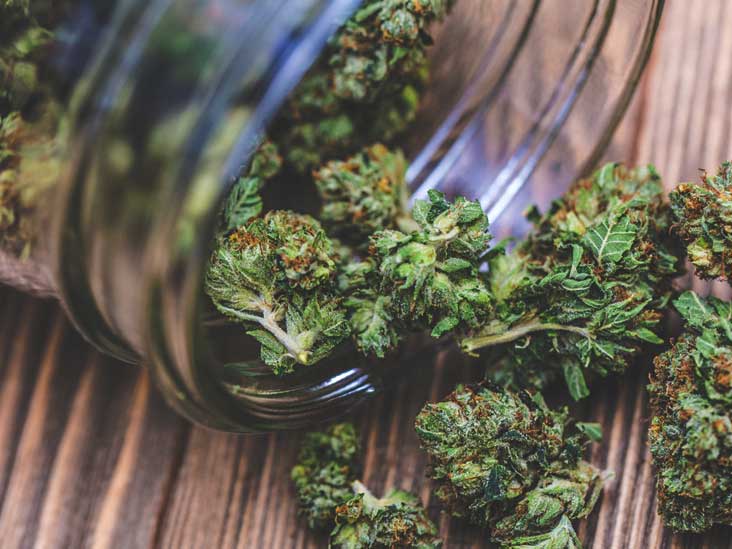How exactly to Obtain a Pot Card: Easiest Measures Unmasked
This really is usually related to reduced engine skills and perception. When high body concentrations are accomplished, paranoid thoughts, hallucinations and panic problems may characterize his “journey erba legale “.
In the vernacular, marijuana is frequently characterized as “good shit” and “bad shit”, alluding to popular contamination practice. The toxins may possibly result from land quality (eg pesticides & heavy metals) or included subsequently. Occasionally particles of lead or little beads of glass increase the weight sold. A random choice of beneficial effects appears within context of their evidence status. Some of the results will soon be shown as helpful, while others take risk. Some outcomes are barely distinguished from the placebos of the research.
Cannabis in treating epilepsy is inconclusive on consideration of insufficient evidence. Nausea and vomiting due to chemotherapy could be ameliorated by oral cannabis. A reduction in the seriousness of pain in individuals with chronic pain is a probably outcome for the usage of cannabis. Spasticity in Numerous Sclerosis (MS) individuals was described as improvements in symptoms. Escalation in hunger and decrease in weight reduction in HIV/ADS individuals has been shown in confined evidence.
In accordance with confined evidence marijuana is useless in the treatment of glaucoma. On the foundation of confined evidence, cannabis is beneficial in the treating Tourette syndrome. Post-traumatic disorder has been served by marijuana in one single reported trial. Limited statistical evidence points to better outcomes for traumatic head injury. There’s insufficient evidence to declare that weed will help Parkinson’s disease. Limited evidence dashed hopes that marijuana could help increase the outward indications of dementia sufferers.
Restricted statistical evidence is found to guide an association between smoking pot and center attack. On the cornerstone of limited evidence weed is ineffective to take care of despair The evidence for reduced threat of metabolic issues (diabetes etc) is restricted and statistical. Cultural anxiety problems can be served by cannabis, even though evidence is limited. Asthma and pot use isn’t well reinforced by the evidence possibly for or against.
Post-traumatic disorder has been served by cannabis in one single noted trial. A summary that weed can help schizophrenia victims can not be supported or refuted on the basis of the confined nature of the evidence. There is average evidence that better short-term sleep outcomes for upset sleep individuals. Maternity and smoking marijuana are correlated with decreased start fat of the infant. The evidence for stroke brought on by cannabis use is restricted and statistical.
Dependency to pot and gate way dilemmas are complicated, taking into account several variables that are beyond the range of this article. These issues are completely discussed in the NAP report. The NAP record features these findings on the issue of cancer: The evidence suggests that smoking weed doesn’t improve the chance for certain cancers (i.e., lung, head and neck) in adults. There is simple evidence that weed use is related to one subtype of testicular cancer. There’s little evidence that parental marijuana use all through pregnancy is connected with larger cancer chance in offspring.
The NAP report features the next results on the matter of respiratory disorders: Smoking marijuana on a typical basis is associated with serious cough and phlegm production. Quitting pot smoking is likely to minimize persistent cough and phlegm production. It’s uncertain whether marijuana use is related to persistent obstructive pulmonary disorder, asthma, or worsened lung function.